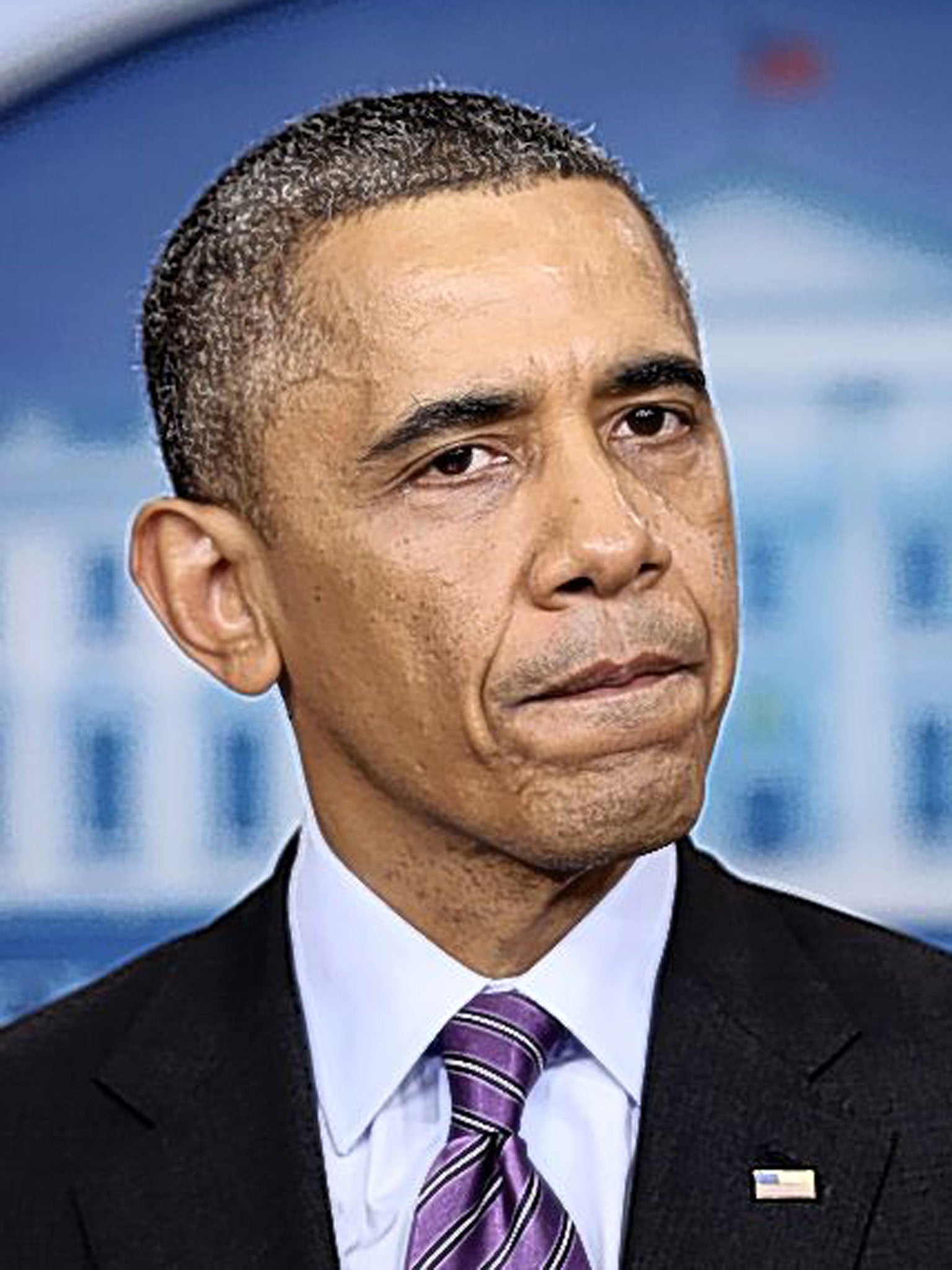Open letters: To whom it may concern
It used to be just angry celebrities (and Moses) who wrote open letters. Now, even America's top businesses are taking the president to task, says Clare Dwyer Hogg

Your support helps us to tell the story
From reproductive rights to climate change to Big Tech, The Independent is on the ground when the story is developing. Whether it's investigating the financials of Elon Musk's pro-Trump PAC or producing our latest documentary, 'The A Word', which shines a light on the American women fighting for reproductive rights, we know how important it is to parse out the facts from the messaging.
At such a critical moment in US history, we need reporters on the ground. Your donation allows us to keep sending journalists to speak to both sides of the story.
The Independent is trusted by Americans across the entire political spectrum. And unlike many other quality news outlets, we choose not to lock Americans out of our reporting and analysis with paywalls. We believe quality journalism should be available to everyone, paid for by those who can afford it.
Your support makes all the difference.Despite our addiction to fast-emotion delivery in 140 characters, an unlikely group of people is holding a torch for ancient arts. Letter writing. It's big with celebrities at the moment, have you noticed? Hard not to, as the kind souls like to make their letters "open". It could almost be a new trend, if it wasn't actually one of the oldest things ever (ref: Moses).
Until yesterday, it was pretty much a celebrity thing. But on Monday, they were joined by multi-national companies. People who matter from Apple, Microsoft, Google, Facebook, Yahoo, AOL, Twitter and LinkedIn got together (imagine how long it took to agree on the wording), and wrote an open letter to Barack Obama and Congress, pressing them to "restore trust" after the NSA surveillance revelations.
Fine. But Sinead O'Connor, a committee of one, made the news first. In October, she posted a letter to Miley Cyrus. On her blog. So it was delivered to Miley via the rest of the planet. O'Connor said it was motherly, written in the spirit of love, which I don't doubt, because she said some insightful things. But if my mum wrote me a letter telling me off, I'd probably have preferred that she put it in an envelope and post it to me. Miley's rebellious answer unwisely mocked O'Connor's past mental illness. O'Connor's response was a bit less motherly (more swearing). Still in an open letter, though, which was a boon for everyone waiting to see what happened next.
Don't forget Russell Brand. He wrote a piece for the New Statesman in October, urging revolution. Robert Webb (actor from Peep Show) felt moved to write him – deep breath – an open letter. He was concerned that revolution meant "death camps, gulags". Soon after, Brand said: "If you went to Oxbridge… no one is coming for your kids… That's my open letter to Robert. I hope it doesn't go to the other one by mistake – David Mitchell…" And then he asked a really good question: "Why didn't he just write me a normal letter?"
Why not just write a normal letter? Perhaps because the art of letter-writing isn't dead: what's dead is the art of privacy. Yes, privacy, that annoying old bore who keeps going on about how we'll all regret it when we're grown up and won't get jobs because we've sexted pictures of ourselves. Whatevs!
There's also the point, though, that there are so many media outlets, so many anonymous people at keyboards proliferating made-up theories about news, that maybe the open letter is a way of very firmly nailing your colours to the mast before anyone runs off with them.
Which is why it makes sense that, last week, the real Philomena Lee, namesake of the film, wrote openly to Kyle Smith, a critic for the New York Post. He had denounced the retelling of her story as Catholic-bashing. Lee wrote that despite having her son taken away from her by the church, she had kept her faith, and it hadn't been like he said it had been.
The thing is, while an open letter has its place, the phrase is becoming a little too familiar. If I thought anyone would listen, I'd ask for a break. But my pleas are but tiny cries for quiet in a deluge of noise. Twitter, after all, is just the elevator version of an open letter. It owes its very crux of being to the same dynamic: get it all out there, so they know "your side of the story".
What they've done is cut out the middle man, so there are no Max Clifford types urging you to tell it how it really happened. It's just you and your computer, and REPLY ALL.
Join our commenting forum
Join thought-provoking conversations, follow other Independent readers and see their replies
Comments